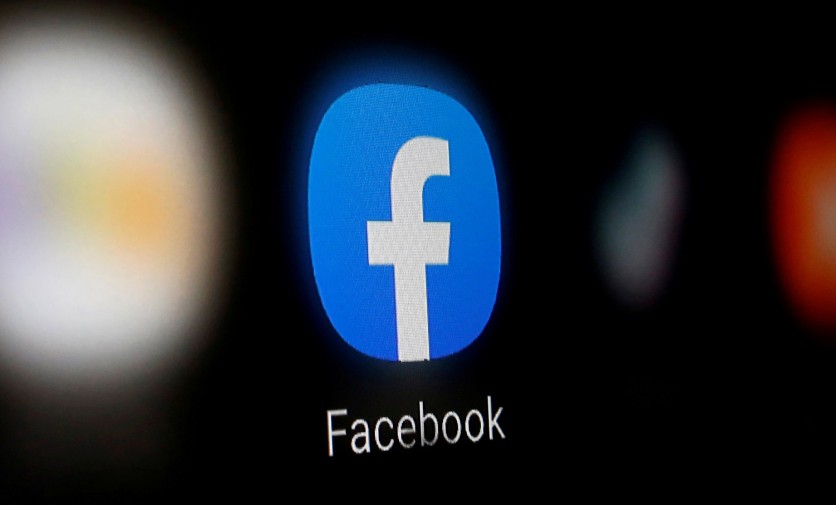After Facebook CEO Mark Zuckerberg vowed to fight COVID-19 misinformation last week, the social media network removed the category that is being targeted by conspiracy theorists.
With 78 million users, the ad category "interested in pseudoscience" has been removed by Facebook after Markup reported it how it was being used to market conspiracy theories.
Until recently, Facebook has long failed in its efforts to prevent conspiracy theories from using its platform but started its crackdown on advertisers seeking to spread misinformation during the pandemic, particularly as Zuckerberg.

Fake Ads approved
While Facebook said they have various initiated attempts to combat misinformation, Markup challenges the company's efforts.
To prove a point, Markup even posted and boosted test ads that target people who are interested in pseudoscience using the Facebook Ads Manager. The paid ad was approved within minutes, prompting the media outlet to contact Facebook.
In an email sent to Markup on Wednesday, Apr. 22, company spokesperson Devon Kearns confirmed that Facebook had eliminated the pseudoscience category.
Earlier this month, Consumer Reports found it was trivial how Facebook approves fake coronavirus-related ads, including one advising viewers to drink "daily doses" of bleach.
The report also discussed the test ads it set up had been approved by Facebook. These test ads include one that says coronavirus is a hoax as well as the one downplaying the importance of social distancing.
The company later disabled the account used on the ads due to the violation of the company's policies. This was after Consumer Reports reached Facebook for comments.
Replying to CR, Kearns said the company has already stopped millions of ads and listings "for violating our policies related to COVID-19." "We're always working to improve our enforcement systems to prevent harmful misinformation related to this emergency from spreading on our services," added Kearns.
The conspiracy theories
Kate Starbird, a conspiracy theory expert from the University of Washington, told the Markup that people who believe in one conspiracy theory tend to believe in others. She added that conspiracy theorists take "advantage of this sort of vulnerability that a person has once they're going down these rabbit holes, both to pull them further down and to monetize that."
One popular theory that is making the rounds in social media claims the coronavirus is not caused by a virus, but of radiation from 5G cell towers. Not long enough, UK police have received reports on dozens of cell tower arsons across the country. Later, photos and videos of the attacks with claims the towers are making people sick are making rounds online.
However, research that is backed by the International Commission on Non‐Ionizing Radiation Protection has debunked the theory as it found little evidence proving the link between 5G and the coronavirus is.
Meanwhile, reporter Aaron Sankin told Gizmodo that people have been worrying about 5G for years. "So it makes sense that people who are scared and confused and just trying to make sense of the pandemic-ravaged world they've been suddenly forced to inhabit would be grasping around frantically for an explanation," Sakin said.
Read also: VPN Downloads Increase Amid COVID-19, But You're Still Unsafe; Here's Why
ⓒ 2025 TECHTIMES.com All rights reserved. Do not reproduce without permission.




